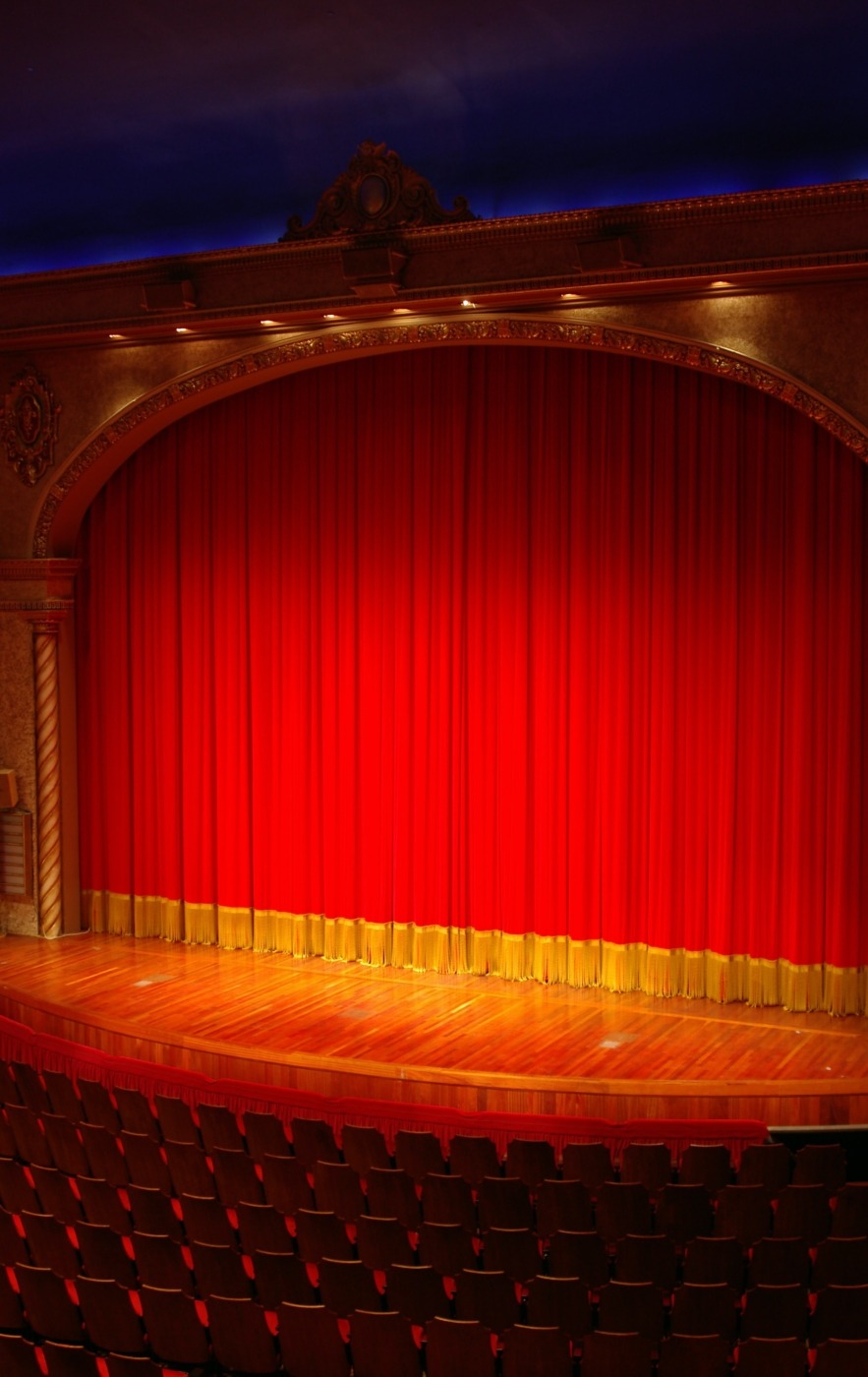What is the future for actors?
One of the best things about lockdown was the National Theatre’s free online plays. For sixteen weeks, a play from the theatre’s archive would be broadcast every Thursday evening and be available on demand for a week. From the comedic One Man, Two Guvnors to the historical This House, the lucidity and variety of plays on offer was a delight in such difficult times.
However, these plays all had one flaw. They were, inevitably, recorded plays from the days before coronavirus, social distancing and lockdown. The actors who performed in them would have already made their money from the performances. Any new plays were not taking place. It simply wasn’t practical. Theatres were unable to open and simply relied on the generosity of their customers to ensure their financial future.
While the government happily invested in the ‘Eat Out to Help Out’ scheme, they were less inclined to follow a ‘Seat Out to Help Out’ initiative
The second lockdown, lasting until at least 2 December, will have made matters even worse. Though theatres were previously able to reopen with social distancing, this simply wasn’t practical. Many plays, especially in the West End, relied on being sold out night after night if they were to meet their costs. While the government happily invested in the ‘Eat Out to Help Out’ scheme, they were less inclined to follow a ‘Seat Out to Help Out’ initiative.
Inevitably, this had dreadfully impacted actors. Many never have any fixed contracts, simply going from show to show to provide some form of financial income. With no shows on offer, the roles they perform have changed significantly. The lead actress in Hamilton, Sharon Rose, has admitted that many West End stars have resorted to working in supermarkets because of the pandemic.
It makes perfect financial sense from the actors perspective. With plays like Hamilton, Harry Potter and the Cursed Child and Phantom of the Opera unable to perform, actors have no income whatsoever from theatre work. Supermarkets and their staff have never been more valued during the pandemic. It’s a reliable form of income when work has become so unreliable in many other ways.
Desperate for income, their struggle represents the precarious nature of work facing those within the hospitality and entertainment profession
That being said, it is extremely saddening to have such a visual recognition of what actors have needed to resort towards. Desperate for income, their struggle represents the precarious nature of work facing those within the hospitality and entertainment profession. While the National Theatre no doubt have plenty of archive footage available, that will eventually run out.
This means performers must be able to return to the theatres. Realistically, this doesn’t look set to happen until well into the New Year. Even though the full lockdown may end next month, indoor mixing may be prevented for a while to come. Therefore, even if theatres are allowed to reopen, people might not necessarily attend them.
The government have been shameful in how they have neglected those in the creative sector. Their £1.57 billion investment in the arts should be welcomed and celebrated from an economic and cultural perspective. However, they have failed to value the inherent brilliance and necessity of those working to make performances happen. One only has to look to those ill judged posters of a ballerina encouraged to work in cyber.
It leads to the assumption that working in the arts doesn’t require much skill, talent or hard work. The opposite couldn’t be more true. People have to put hours every single day into their dancing, singing, acting, performing and rehearsing, all with the knowledge that they might be unsuccessful. With economic security being perilous before the pandemic, it was something that was no doubt mentally and physically exhausting.
The desire to perform has existed since the Ancient Greeks would suggest, no matter the crisis, performing will return in some form. But the insecure nature of the work must be understood and appreciated
Why would people work in the arts then, the government might ask? Because they utterly adore it. They have a passion for expressing ideas, be it through Shakespeare plays, musicals or contemporary dramas. They believe in the power of words, music and movement for conveying a message. Most importantly, those within the profession want to be heard and seen by others.
I would like to think theatres and the acting profession will survive long into the future. That the desire to perform has existed since the Ancient Greeks would suggest, no matter the crisis, performing will return in some form. But the insecure nature of the work must be understood and appreciated. This extends far beyond regular theatre goers. As well as being intrinsically valuable, acting in theatres is often a starting point for so many trying to break into the industry.
As the award winning playwright James Graham stated “Hope everyone is enjoying The Crown, which began as a play on stage, just like Fleabag came from the stage like Quiz and The King’s Speech and Mamma Mia and writers on Succession and director of Skyfall and adaptors of Normal People and His Dark Materials and #BritishTheatre“. The big-budget content that we all enjoy today began on the stage. If new dramas, in any medium, are to thrill audiences, society must ensure that theatre remains an opportunity for someone to launch their career and spread messages to others.

Comments